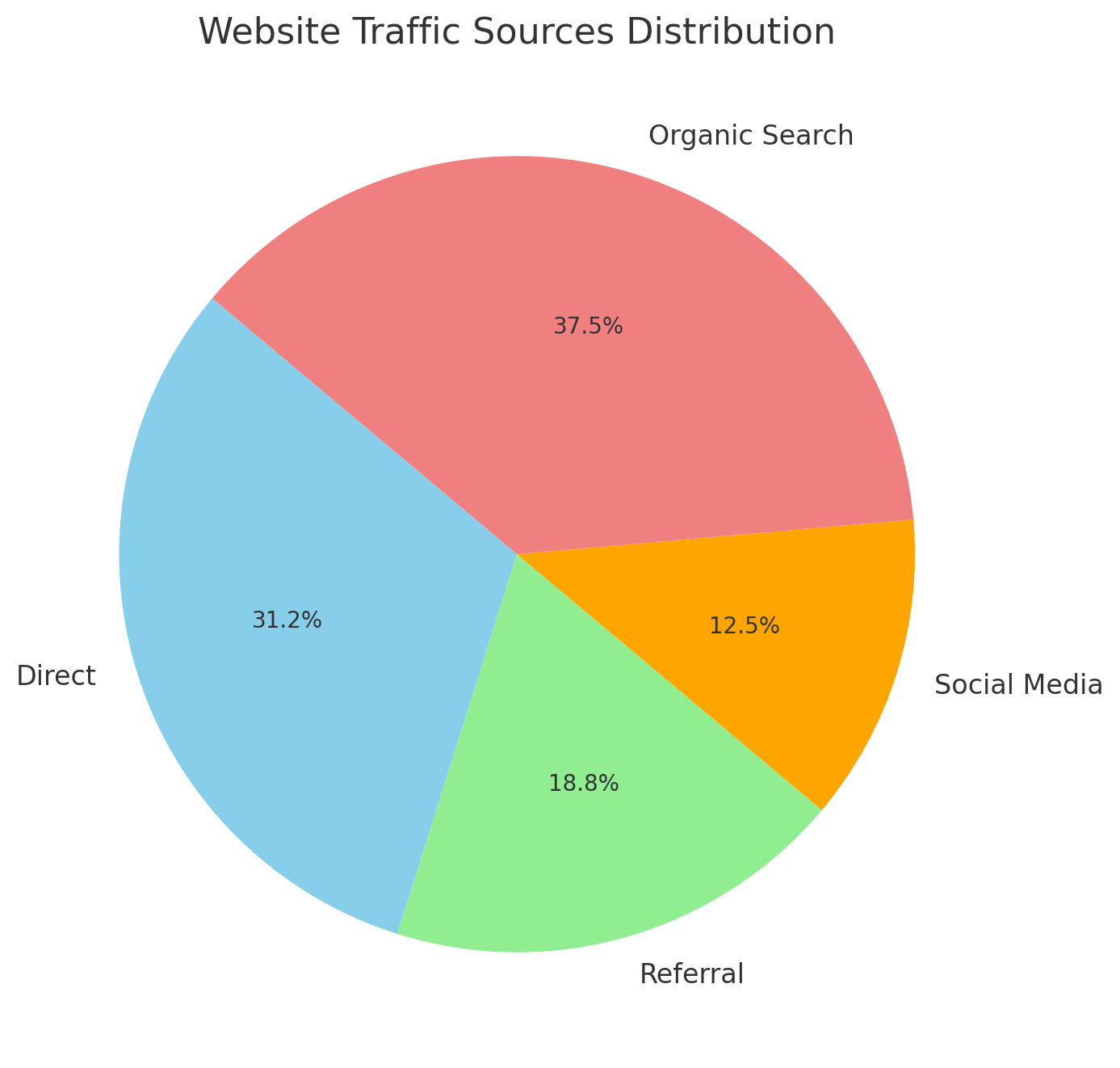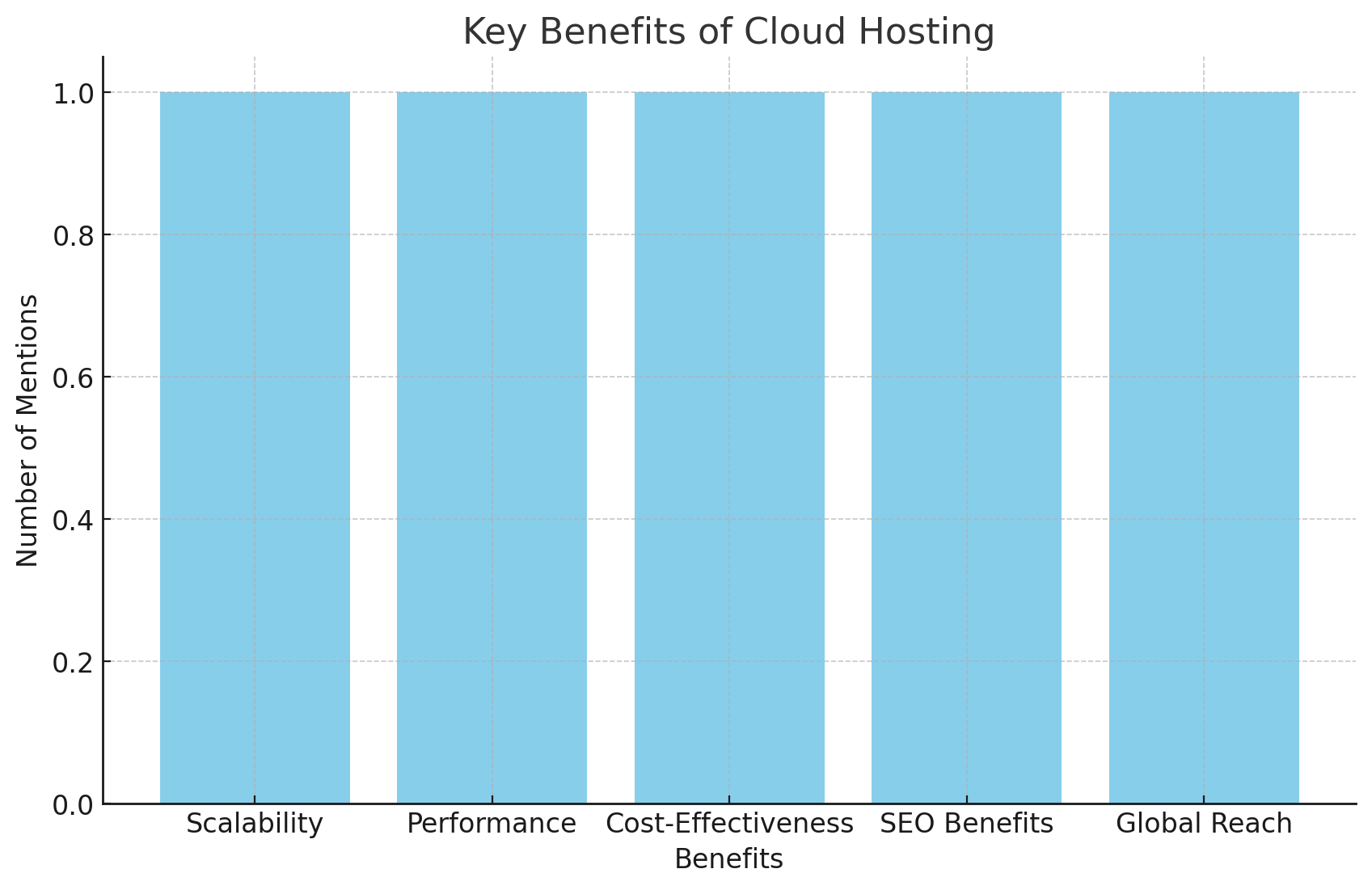Windows vs. Linux Hosting Platforms
Windows vs. Linux Hosting Platforms
In today’s era where the online presence is tantamount to business success, web hosting emerges as the backbone of the digital ecosystem. It’s the unsung hero that ensures websites remain accessible, performing seamlessly in the digital universe. Among the plethora of choices available for web hosting, two platforms stand out for their distinctive benefits and offerings: Windows and Linux. Each harbours unique strengths tailored for specific needs, making the choice between them instrumental in shaping a website’s operational framework.
Key Takeaways
| Factor | Windows Hosting | Linux Hosting |
|---|---|---|
| Compatibility | Best for Microsoft products | Preferred for open-source technologies |
| Cost | Generally higher due to licensing fees | More cost-effective due to open-source nature |
| Ease of Use | Intuitive for users familiar with Windows | Requires some technical proficiency |
| Security | Robust with regular updates | High, with a strong community for patches |
| Flexibility | Less flexible due to proprietary software | Highly customizable for unique needs |
Understanding Web Hosting
At its core, web hosting is the service that allows individuals and organizations to post a website or web page onto the Internet. Websites are hosted, or stored, on special computers called servers. When Internet users want to view your website, all they need to do is type your website address into their browser. Their computer will then connect to your server and your webpages will be delivered to them through the browser.

For those embarking on their digital journey, selecting an appropriate hosting platform is crucial. Web hosting not only affects a website’s performance but also influences operational costs, security, and ease of management. Dive deeper into what web hosting entails with our comprehensive guide: Shared Hosting Explained.
The Case for Linux Hosting
Linux hosting, renowned for its robustness and security, is the go-to choice for developers favouring open-source platforms. This hosting type, boasting high customization and flexibility, caters well to those seeking a cost-effective yet powerful solution.
- Cost-Effectiveness: Linux, being open-source, eliminates the need for licensing fees, making it a more budget-friendly option.
- Flexibility and Control: The open-source nature of Linux hosting permits a higher degree of customization, suited for specific needs or applications.
- Security: Linux is known for its strong security measures, making it less vulnerable to malware or hacking attempts.

The Benefits of Windows Hosting
Windows hosting, on the other hand, shines in environments where Microsoft products are predominant. It offers seamless integration with Microsoft’s array of applications, making it a compelling choice for those ingrained in the Microsoft ecosystem.
- Compatibility and Integration: Windows hosting provides seamless compatibility with Microsoft applications and services.
- Ease of Use: The familiarity of the Windows interface makes the management of hosting environments more intuitive for users.
- Support and Updates: Regular updates and support from Microsoft ensure a secure and stable hosting environment.

VPS Hosting – Bridging the Gap
VPS hosting stands as a middle ground, offering the power and isolation of dedicated hosting with the affordability and simplicity of shared hosting. It’s an excellent option for those requiring more control over their hosting environment without the hefty price tag of a dedicated server.

Explore the nuances of VPS hosting and how it can cater to your specific needs in our detailed exploration here: VPS Hosting Demystified.
Selecting the Right Hosting for Your Needs
When weighing the pros and cons between Windows and Linux hosting, consider the following aspects to guide your decision:
- Technical Requirements: The specific technologies your website requires should dictate your choice.
- Budget: Assess the total cost of ownership, including potential licensing fees and maintenance costs.
- Long-term Goals: Consider the scalability and future-proofing of your chosen platform.

Unravel further insights on tailoring content to your digital strategy in our guide here: The Content Creation Loop.
Conclusion
Selecting between Windows and Linux hosting platforms hinges on a myriad of factors including, but not limited to, your technical requirements, budget constraints, and personal or business long-term objectives. While Linux offers unparalleled customizability and cost-effectiveness, Windows provides unmatched compatibility with Microsoft products, iterating the importance of aligning your choice with your specific needs.

Delve into more insights on digital marketing and the tech landscape by visiting our blog: Calvin Crane Blog.
Closing Remarks
We urge our readers to further explore these topics and consult with hosting experts to tailor advice to their unique contexts. In the ever-evolving digital landscape, informed decisions pave the way to achieving not just operational efficiency but also long-term strategic goals.

